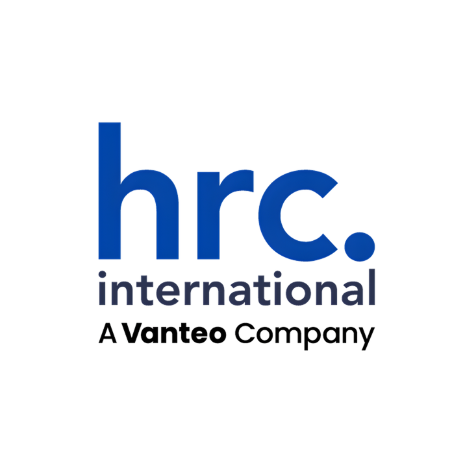Embarking on the J-1 visa journey can be both exhilarating and daunting. HRC International stands as a beacon of guidance and support, helping candidates navigate the intricate process of J-1 host employer interviews.
HRC International is not just a stepping stone but a pivotal partner in candidates’ career journey. Our expertise in shaping successful interview experiences is unparalleled. Let’s delve into how we transform anxious applicants into confident candidates.
Understanding the Interview Landscape
First and foremost, understanding the interview landscape is crucial. HRC International emphasizes the importance of grasping the expectations and format of J-1 interviews. This initial step is about familiarizing yourself with the common questions and the cultural nuances of interviewing in a new country.
To give candidates a taste of the real thing, HRC International conducts mock interviews. These simulated scenarios are tailored to mirror actual J-1 interview settings, complete with typical questions and time constraints. This practice not only boosts confidence but also hones their ability to respond effectively under pressure.
Read more: 8 Statements That Will Make An Employer Hire You
Mastering Interview Techniques
The power of a first impression is undeniable. HRC International guides candidates on how to present themselves professionally, encompassing both appearance and communication. First and foremost, understanding interview techniques is crucial to helping them articulate their experiences and skills in a manner that resonates with employers.
1. Research and Preparation
- Understanding the Company and Role. Before the interview, research the company’s mission, values, culture, and the specifics of the job role. This helps tailor candidates’ responses to align with what the employer is looking for.
- Anticipating Questions. Prepare for common interview questions, such as “Tell me about yourself,” “Why are you interested in this role?”, and “What are your strengths and weaknesses?”.
2. Effective Communication
- Clarity and Conciseness. Answers should be clear and to the point. Avoid rambling and focus on providing relevant information.
- Active Listening. Pay attention to the interviewer’s questions and comments. This shows respect and allows for more accurate and thoughtful responses.
3. Behavioral Interview Techniques
- STAR Method. This stands for Situation, Task, Action, and Result. It’s a structured way of responding to behavioral interview questions by describing candidates’ specific situations, the tasks they had to perform, the actions they took, and the results of their actions.
“The STAR method can be used to answer behavioral interview questions or any other kinds of questions where you need to tell a story. In other words, use the STAR method for those prompts that ask you to provide a real-life example of how you previously handled a certain kind of situation” – themuse.com
- Example-Driven Responses. Provide specific examples from candidates’ past experiences that demonstrate your skills and accomplishments.
4. Body Language and Presentation
- Non-Verbal Communication. Maintain good posture, eye contact, and a confident demeanor. These non-verbal cues can greatly influence the interviewer’s perception.
- Dress Appropriately. Wear professional attire suitable for the industry and company culture.
5. Handling Difficult Questions
- Staying Calm Under Pressure. When encountering a tough question, take a moment to think before responding. It’s okay to ask for clarification if needed.
- Honesty and Positivity. Be honest with the answers, especially when discussing challenges or failures. Focus on what has been learned from those experiences.
6. Engage with the Interviewer
- Prepare thoughtful questions about the role, company, or team. This shows interest and engagement with the opportunity.
7. Etiquette After The Interview
- Send a thank-you note or email after the interview, expressing gratitude for the opportunity and reiterating your interest in the role.
- Interviews can be unpredictable. HRC International helps prepare candidates for the unexpected, training them to handle challenging or unusual questions with poise. This approach not only demonstrates adaptability but also showcases problem-solving skills, a trait highly valued by employers.
Post-Interview Strategies
Post-interview reflection is as important as the preparation. HRC International encourages candidates to analyze their performance, identifying strengths and areas for improvement. This reflective practice is instrumental in continuous personal and professional growth.
In conclusion, HRC International plays a pivotal role in shaping the success of J-1 interviews. From understanding the interview landscape to mastering advanced techniques and post-interview strategies, our comprehensive approach ensures candidates are thoroughly prepared. With HRC International by your side, you’re not just preparing for an interview; you’re gearing up for a successful international career.
Embark on your J-1 journey with confidence, knowing HRC International is your trusted partner in success. Sign up here and experience your J-1 program now!
Also read: Best Guide to the Top 10 J-1 Visa Interview Questions
